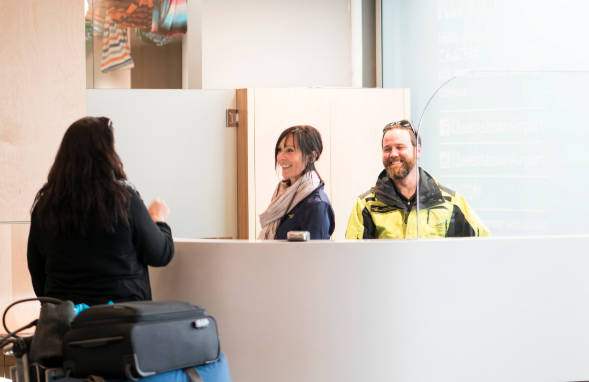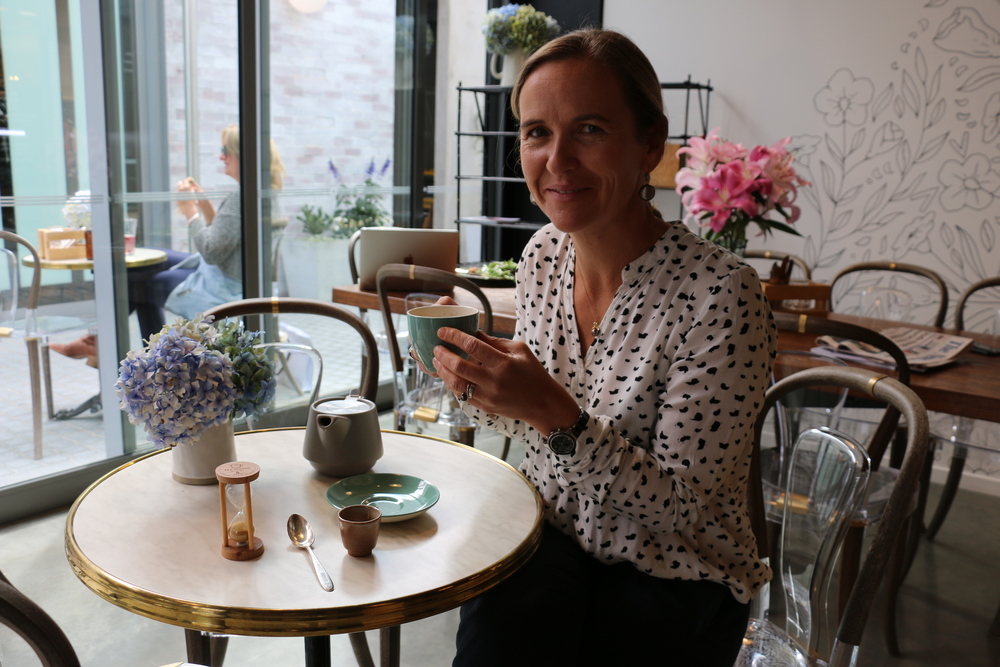Local support for living wage
Maddy Harker
11 October 2021, 10:01 PM
 The living wage, considered the hourly wage a worker needs to pay for the necessities of life and participate as an active citizen in the community, has risen to $22.75 this month.
The living wage, considered the hourly wage a worker needs to pay for the necessities of life and participate as an active citizen in the community, has risen to $22.75 this month. Queenstown Airport Corporation (QAC) has continued its commitment to pay at least the living wage as it increases wages this month to $22.75, up from $22.10.
“Anecdotally we know the cost of living in the Queenstown Lakes district is higher than other areas in New Zealand and this commitment is just one of the ways we can help our team thrive and enjoy all that the region has to offer,” QAC people and culture manager Kate Walton said.
The company operates Queenstown Airport and manages day-to-day operations at Wānaka Airport and it’s one of just five-or-so local living wage accredited employers which has had its status endorsed with the Living Wage Movement.
To become accredited, employers must pay all of their staff at least the living wage, which the Living Wage Movement considers the hourly wage a worker needs to pay for the necessities of life and participate as an active citizen in the community.

QAC people and culture manager Kate Walton says paying the living wage is part of being a good employer.
The Wānaka Living Wage group was formed in March this year to raise awareness of the living wage locally.
Founding members include Jon Henning (Public Service Association), Kate Murray (Community Networks) and Rev. Damon Plimmer (Upper Clutha Anglican Parish).
“Since that first meeting, more have joined the conversation, including business leaders and community advocates,” Damon said.
New Zealand is a low-wage economy compared to similar countries like Canada, Australia and the UK - ranking 18th out of 35 for its average hourly wage - and only 275 businesses across the country are currently living wage accredited.
“We know many are doing it tough at the moment,” Damon said. “What is encouraging are those employers already paying at or above the living wage.”

Revology co-founder Monique Kelly says paying the living wage is particularly important due to the high cost of living in Wānaka.
Ignite Wānaka Chamber of Commerce general manager Naomi Lindsay said some of the barriers to living wage accreditation for local businesses included the requirement to pay all staff, including teenagers, the living wage, and the “huge downturn” as a result of Covid-19.
Some businesses might not offer the living wage but offer other perks like subsidised accommodation, she said.
Wānaka’s Revology has been an accredited living wage employer since the store opened in late 2019.
Co-founder Monique Kelly said her business paid the living wage to support and retain staff, particularly considering the “high price of living in Wānaka”.
“We have found that the youth in the team contribute just as much,” she said. “It’s about how well they perform in store. We pay the price for the job to be done [and] put the time into training them and making sure they’re comfortable...”
The living wage emerged as a response to growing poverty and inequality in New Zealand.
The $22.75 hourly rate is calculated each year by the New Zealand Family Centre Social Policy Unit, reflecting the basic expenses of workers and their families such as food, transportation, housing and childcare.
Damon said businesses and individuals in Wānaka who want to learn more about the living wage can get in touch with him ([email protected]) or Kate ([email protected]).
PHOTOS: Supplied

